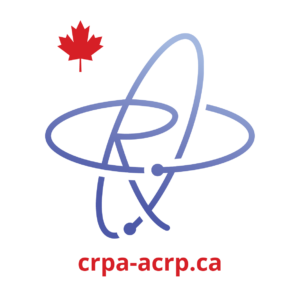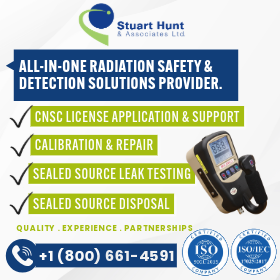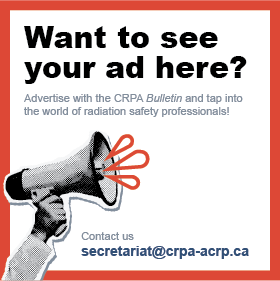Strength in Numbers – Banding Together for Radiation Protection Compliance in Ontario Universities
The role of a radiation safety officer
Most Canadian universities that have science and engineering research programs will engage in some research involving radioactive sources. This work can involve open or sealed sources, and the degree of risk it may pose to workers, researchers, and students will vary. To mitigate and manage this risk, universities (like other entities that work with radioactive sources) establish radiation safety programs administered by a radiation safety officer (RSO) or a general health and safety professional who is trained to take on the role of the RSO. Thus, the role and background of university RSOs can be very diverse.
The Council of Ontario Universities
The Council of Ontario Universities (COU) is a non-partisan organization whose mandate is to advance the mission of Ontario universities—promoting student success while driving research and innovation across the province. It does this by working with government, industry, and community stakeholders to develop and review policy, create high-value-added jobs, and foster community economic growth.
COU establishes advisory committees made up of university-subject-matter experts that discuss sector-wide issues, share best practices, address challenges, and propose solutions. One of those advisory committees is the Council of Environmental Health and Safety Officers (CEHSO), which provides a forum for communication, information exchange, and cooperation regarding research health and safety risks.
CEHSO, through COU, is able to lobby for legislative proposals and changes with respect to general health and safety, as well as federal and provincial changes for hazard-specific oversight and compliance affecting the teaching and research community.
Safeguards legislation
The International Atomic Energy Agency (IAEA) is an intergovernmental agency with a mandate to promote the safe use of nuclear energy and inhibit its weaponization. Since the ratification of the Treaty for Non-Proliferation of Nuclear Weapons in 1968, all non-nuclear-weapon states have been required to negotiate a safeguards agreement with IAEA, which has broad authority to monitor nuclear programs and inspect nuclear facilities. In Canada, CNSC enforces the IAEA safeguards requirements through legislation that meets the IAEA requirements.
CNSC’s Nuclear Safety and Control Act requires that facilities working with radioactive materials and sources meet specific criteria through a licensing program. Historically, CNSC was focused on ensuring facilities met their licensing requirements and remained compliant. Now, CNSC has shifted their focus to ensure international obligations are also met. However, in many cases, the international requirements conflict with license conditions, making compliance much more tedious and inefficient.
Ontario Universities Radiation Safety Officers
As RSOs across educational institutions in Ontario began to recognize that they were experiencing similar challenges, they also recognized the potential benefits of pooling their knowledge and experience to try and make a better way forward. The idea was to create a group of individuals with specialized knowledge in radiation protection to facilitate efforts toward efficient and effective nuclear safety and compliance.
The new group is called the Ontario Universities Radiation Safety Officers (OURSO) and is endorsed by COU. The group’s primary mandate is to reduce the risk of university research involving radiation and engage with regulators to be a consultative resource in the development and modification of rules governing work with radiation.
If you are an RSO at an Ontario university and you haven’t heard of this group, reach out to one of our executive members:
- Chair: Dhananjai Borwankar (University of Waterloo), [email protected]
- Vice chair: Daniel Cardenas (University of Toronto), [email protected]
- Secretary: Jessica Hau (York University), [email protected]: Chris Malcolmson (McMaster University), [email protected]
 Dhananjai Borwankar
Dhananjai Borwankar
Dhananjai has over 20 years of experience reducing environmental and safety risks in manufacturing, government, and education. He has developed numerous methods and tools to aid in assessing and reducing risk.
He currently works at the University of Waterloo as a manager in the Safety Office. He manages safety risks in all research disciplines by developing safety programs and guidelines, providing training, and overseeing licensing and permitting activities related to biological safety and radioactive materials.
Dhananjai has an undergraduate degree in environmental science, a master’s degree in chemical engineering, and is a certified industrial hygienist in good standing.
Do you want to read more articles like this?
The Bulletin is published by the Canadian Radiation Protection Association (CRPA). It’s a must-read publication for radiation protection professionals in Canada. The editorial content delivers the insights, information, advice, and valuable solutions that radiation protection professionals need to stay at the forefront of their profession.
Sign up today and we’ll send you an email each time a new edition goes live. In between issues, check back often for updates and new articles.
Don’t miss an issue. Subscribe now!
Subscribe

 Dhananjai Borwankar
Dhananjai Borwankar

